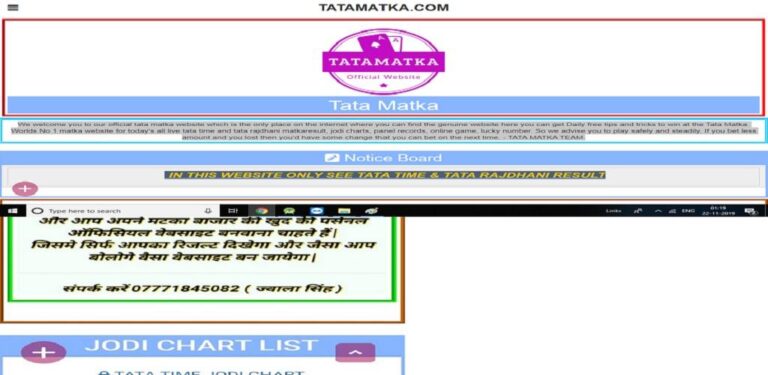How Does Cash Management Work?
Cash management is the collection and the management work of cash flow from the financing, investment and operations activities of a company. It is the day-to-day management of inflows and outflows from a company’s daily cash transactions to maximize liquidity while minimizing the cost of the funds.
Importance of Cash Management to Businesses
Cash management is critical in sustaining and creating the financial stability of a company. Cash is critical since it handles the company’s operating expenses and debt obligations, and thus it must be managed to maximize profits. Business people understand that cash management lays a trajectory for the future growth of the company and thus must maintain cash balances and at the same time find ways to earn a return from idle cash.
Cash is also used as investment capital for long-term assets such as equipment, plants, and properties. The cash that goes into the excess is then divided for dividend distribution. To be successful in cash management, an individual must maintain cash balances while companies must manage their inflows and outflows to maintain business stability.
Companies seeking convenience in this digital era are now integrating their cash management with their online banking. This way, the company can access its funds 24 hours a day. Integrating your cash management with online banking allows you to assert control over the availability of your funds as well as the cash flows.
How Does Cash Management Work?
In a company, the people responsible for executing stability analysis and overall cash management strategies are business managers, organization treasurers, and chief financial officers. Cash flow management is critical, and it puts together all the company’s cash inflows and outflows. A cash flow statement indicates how much cash the company has readily available.
Cash flow is divided into three financial activities. They include operating, financing, and investing activities. The operations activities are based on networking capital, which is the company’s current assets minus all the company liabilities. For a business to strive, the company’s current assets need to exceed the liabilities. Investing activities include buying new machinery and equipment, investing in real estate, and purchasing stocks while paying out dividends is an example of financing activities.
Many internal controls are utilized to achieve and manage efficient cash flows in a business. They include the length of account receivable, liquidity, uncollected receivable write-offs, credit line management, the collection process, and the return rates on cash equivalent investment.
The current assets on the working capital are inclusive of cash, inventory and a one years account receivable while the liabilities are accounts payable dues within a year and payments of short term debts within the same year
Importance of Cash Management to Any Company
Cash management, a treasury discipline, is the management of a company’s planned expenditures. It focuses on both process optimization and operations efficiency. A cash management account optimizes the flow of money from clients. Some of that money is saved while part of it pays out its bills. Cash management in its entirety is such a necessary process and can either make or break the company. For more information, you can check out SoFi. According to their experts, when you set up an account with them, there are “No overdraft fees. No minimum balance fees. No monthly fees.”
For more valuable information visit the website






